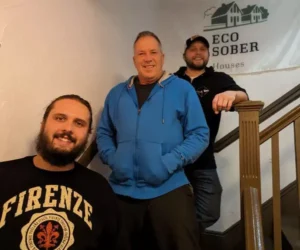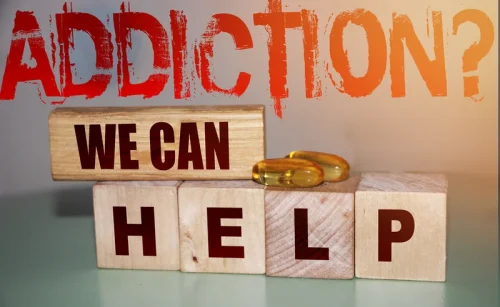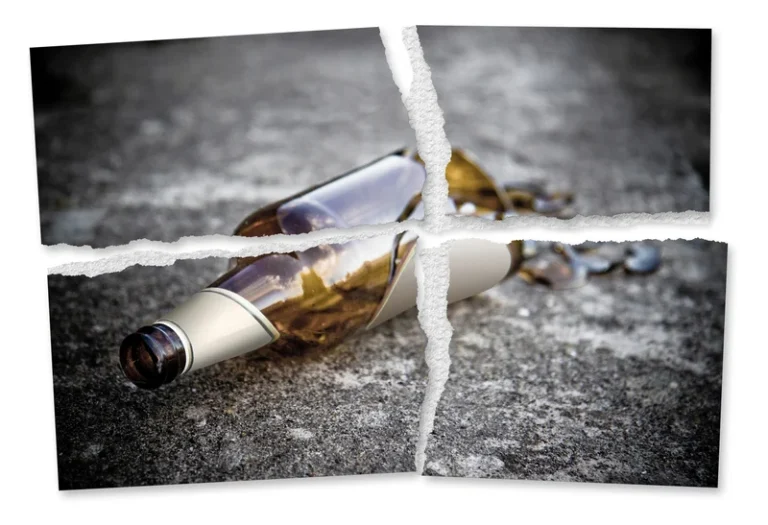


At Spero Recovery, we understand how hard it can be to admit that you are powerless over the effects of drugs and alcohol on your life. It’s not only damaging to your confidence, it can be humiliating. We all want to be considered strong and in charge of ourselves, so admitting powerlessness seems like a huge contradiction to that goal. Admitting powerlessness is what reveals your true strength, and our committed staff is ready to help you find it. We offer peer-led recovery programs that are rooted in the 12-Step program of recovery from Alcoholics Anonymous. We believe that these steps are the foundation for building a healthy, sober life, and we have seen the good fruit of these teachings in the lives of our patients.

But the terminal stages of addiction will strip everything away, and an addicted person who refuses to recover will often be left with nothing. By Buddy TBuddy T is a writer and founding member of the Online Al-Anon Outreach Committee with decades of experience writing about alcoholism. Because he is a member of a support group that stresses the importance of anonymity at the public level, he does not use his photograph or his real name on this website. Members of Alcoholics Anonymous or Al-Anon Family Groups present some great insight into the healing principles of the 12 steps.

Completing Step 1 of Alcoholics Anonymous can look different for everyone. It may include tasks such as speaking at an AA meeting, telling someone if you feel like drinking, working with a counselor, getting an AA sponsor, and/or telling someone if you do drink. This is a person who has completed all or most of the 12 Steps of Alcoholics Anonymous, has been in the fellowship for at least a year, and are stable in sobriety. However, interestingly, there is a notable lack of research and scientific evidence about the efficacy of the 12 Steps of Alcoholics Anonymous. Part of the reason is that 12 Step programs are based on anonymity. As a result, there are no rigorous randomized trials to support their efficacy.
You’ll then get to learn about each principle separately and what it means…. AA members will usually emphasize to newcomers that only problem drinkers themselves, individually, can determine whether or not they are in fact alcoholics. Awareness in recovery means staying present and attuned to our feelings and surroundings, constantly seeking to understand ourselves better and using this knowledge in our path to recovery.

Although the illusion of control may continue, their lives become unmanageable, because alcohol is really in control. A 12-Step program Washington is usually categorized as aftercare, meaning it is used to powerless over alcohol support recovering addicts after they have completed medical detox and residential addiction treatment. A sponsor provides guidance, support, and insight as you begin your own journey with the 12 Steps.
The 12-step road to recovery can appear pretty intimidating to someone who is just starting out, but solutions exist. Those who are trying to get sober sometimes feel ashamed if they slip up and have a drink. But keeping your mistakes to yourself only makes it appear like you are in control when you’re not.
